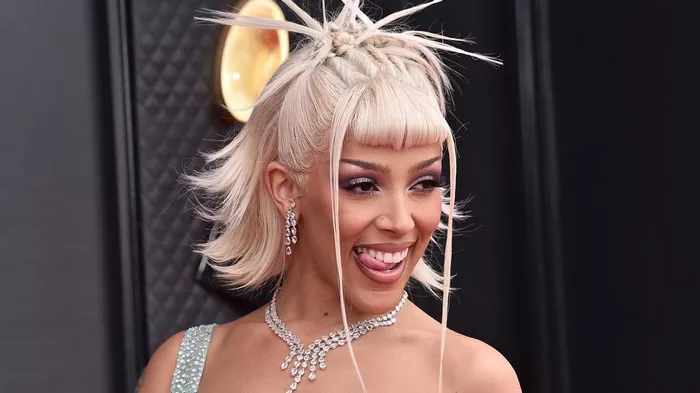Breaking the Mold: Women Leading the Way
The realm of pop music has long been a battleground for gender stereotypes, but a new generation of women is rewriting the script. In an industry often dominated by men, female artists are stepping into the spotlight, challenging traditional gender roles, and reshaping the narrative of what it means to be a successful pop musician. This article delves into the inspiring stories of women who are breaking barriers, championing authenticity, and empowering themselves and others through their music.
Redefining Success: Authenticity Over Conformity
One of the most significant shifts in pop music is the emphasis on authenticity over conformity. Women in the industry are increasingly prioritizing their own voices and experiences, rejecting the notion that they must fit a certain mold to achieve success. Artists like Lizzo, Halsey, and Billie Eilish have openly discussed body image, mental health, and the pressure to conform in their music. Their willingness to be vulnerable and real has resonated with audiences and opened up discussions on topics that were once considered taboo in the music world.
Breaking the Glass Ceiling: Female Producers and Songwriters
While female artists have made tremendous strides in pop music, they are not the only ones challenging gender norms. Female producers and songwriters are also breaking into the male-dominated music production space. Artists like Taylor Swift, who took control of her music by re-recording her albums, and Beyoncé, who masterminded her entire ‘Lemonade’ visual album, are prime examples. Their involvement in the production process not only empowers them creatively but also inspires other women to pursue careers behind the scenes in the music industry.
Unapologetic Feminism: Songs with a Message
Many female artists are using their platform to advocate for women’s rights and gender equality. Beyoncé’s ‘Run the World (Girls)’ and Katy Perry’s ‘Roar’ are anthems of female empowerment that celebrate strength and resilience. These songs not only empower women but also serve as a call to action, encouraging women to assert themselves and break free from societal constraints. These artists are not only making music but also sparking conversations about gender equality and feminism.
Icons of Diversity: Celebrating Women of All Backgrounds
The music industry has often struggled with diversity, but there is a growing movement to celebrate women of all backgrounds and ethnicities. Artists like Cardi B, Nicki Minaj, and Megan Thee Stallion have brought diversity to the forefront of pop music. Their unique voices, styles, and cultural influences challenge the industry to embrace a broader spectrum of talent. These artists demonstrate that women’s empowerment in music is not limited to one particular demographic but extends to all corners of the globe.
The Role of Mentorship: Women Supporting Women
Women in pop music are increasingly taking on mentorship roles, supporting and uplifting other female artists. Taylor Swift, for example, has been vocal about supporting emerging talent, even using her platform to promote lesser-known artists. Such mentorship helps create a supportive ecosystem where women can thrive, learn from each other, and overcome the challenges that come with navigating the music industry.
Social Media: A Powerful Tool for Connection
The rise of social media has given female artists a powerful tool to connect directly with their fans and amplify their messages of empowerment. Artists like Ariana Grande, who has a massive following on platforms like Instagram and Twitter, use their online presence to promote self-love, mental health awareness, and messages of empowerment. Social media allows them to engage with their fans on a personal level, creating a sense of community and solidarity.
Conclusion: The Future of Empowerment in Pop Music
As women continue to redefine their roles in the pop music industry, the future looks bright for empowerment and authenticity. Female artists are no longer confined to predetermined roles; they are taking charge of their narratives, supporting each other, and using their voices to challenge stereotypes and advocate for social change. The evolving landscape of pop music is a testament to the resilience and determination of women in the industry, and it offers hope for a future where gender equality is not just a goal but a reality.

